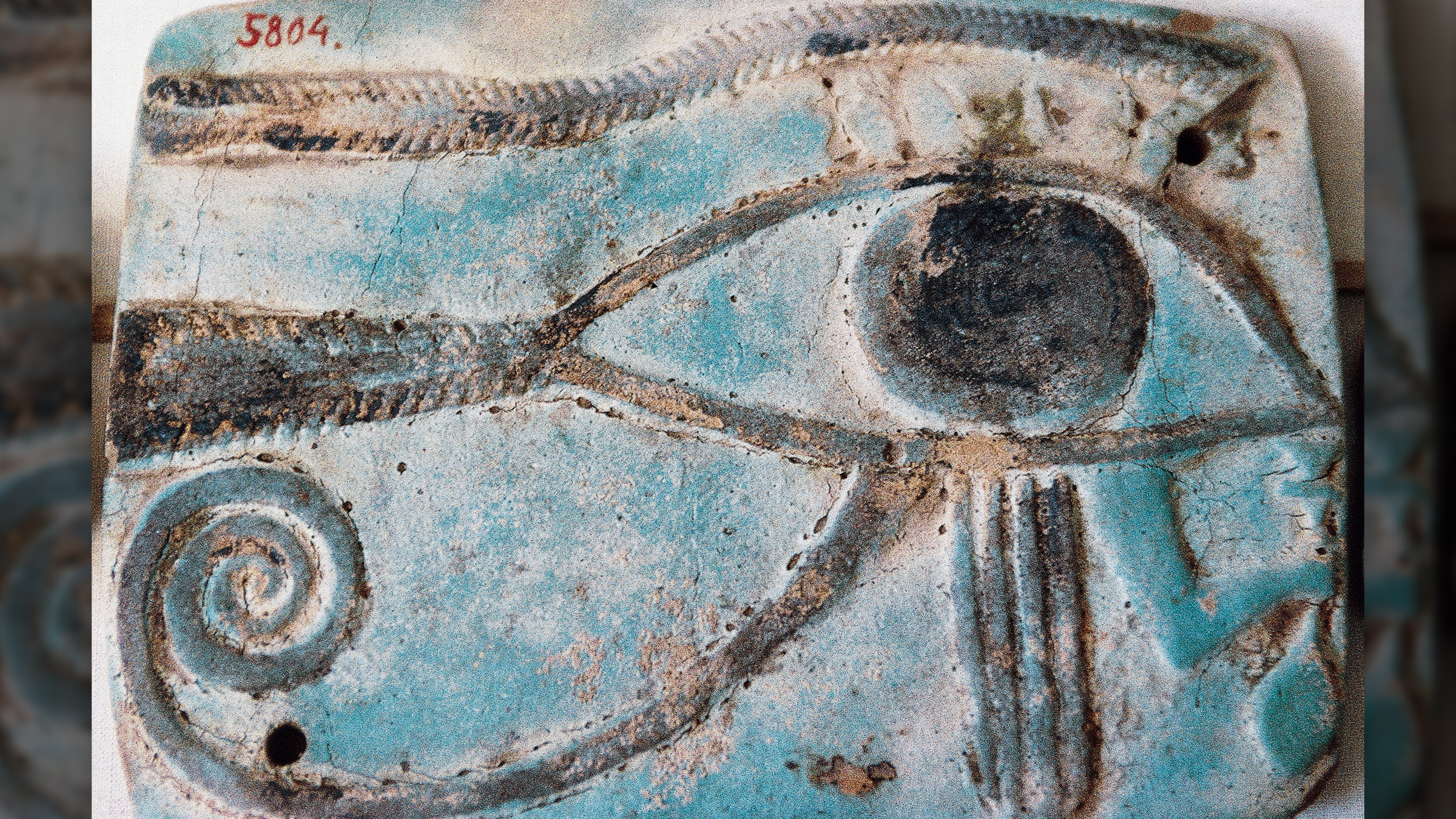Lies Take Longer Than Truths
A new technique that separates truth from lies finds it takes about 30 percent longer to fib.
The computer-based analysis, reported in The Times of London, showed that British test subjects took 1.2 seconds on average to speak reality in recent tests, while prevarications took 1.8 seconds.
The timed antagonistic response alethiometer test (Tara) was developed by Aiden Gregg, a psychologist at the University of Southampton. It involves questions answered on a computer using the keyboard, then an algorithm to see how users did.
In 85 percent of cases, interviewees were slower when they lied.
Gregg figures his approach could replace traditional lie detector methods, which he says criminals have caught onto.
"Habitual liars heard that people look away when telling lies, so they stare directly into your eyes," he said.
A polygraph is not a lie detector, as LiveScience's Bad Medicine Columnist Christopher Wanjek has explained. A polygraph detects physiological expressions associated with lying in some people, such as a racing heart and sweaty fingers. The determination of truth vs. falsehood is subjective, and polygraph examiners are often wrong.
Sign up for the Live Science daily newsletter now
Get the world’s most fascinating discoveries delivered straight to your inbox.
The National Academy of Sciences tested the traditional lie detector in 2002 and concluded "polygraph tests can discriminate lying from truth telling at rates well above chance, though well below perfection."
The Times reports that the U.S. government is considering using Tara.
- Why We Lie
- Brain Scans Might Be Better Lie Detectors
- Your Stomach Cannot Tell a Lie
Robert Roy Britt is the Editorial Director of Imaginova. In this column, The Water Cooler, he takes a daily look at what people are talking about in the world of science and beyond.
Robert is an independent health and science journalist and writer based in Phoenix, Arizona. He is a former editor-in-chief of Live Science with over 20 years of experience as a reporter and editor. He has worked on websites such as Space.com and Tom's Guide, and is a contributor on Medium, covering how we age and how to optimize the mind and body through time. He has a journalism degree from Humboldt State University in California.











